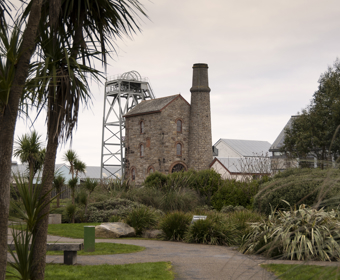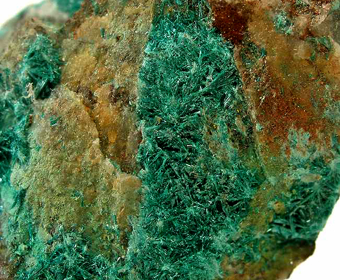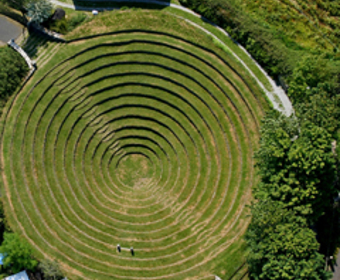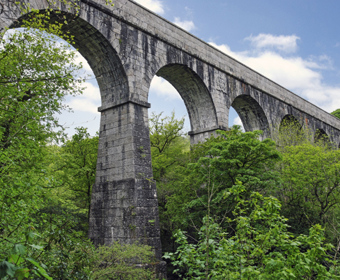A1 St Just Mining District
Ranndir Balweyth Lannust
Mining on the edge of the earth
A stone’s throw from Land’s End, this is the most westerly Area of the Site. St Just is characterised by big skies, jagged rocks, and rugged moorland meeting iconic clifftop engine houses. Perched high above the Atlantic in some incredible locations; the engine houses on this stretch of coast, known as the ‘Tin Coast’, are some of the most famous. No wonder this dramatic setting has inspired generations of artists, writers, film makers and photographers.
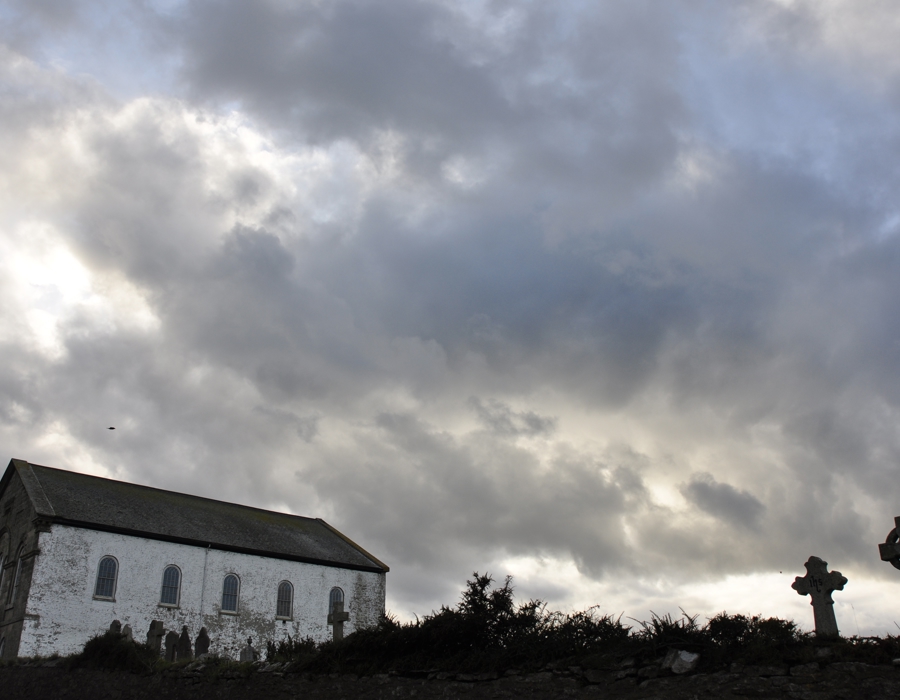
World-famous for their mineralogy, the mining sites here are extremely well preserved – as is the sense of community amongst the people whose lives they once dominated. The close-knit community work passionately to preserve their landscape and continue to celebrate their mining heritage, many local residents are descendants of miners; they keep the stories and traditions alive in their community celebrations and remembrances.
This Area’s unique geography and mineralogy meant that undersea mining was more concentrated here than anywhere else in the world in the 18th and 19th centuries.
The oldest surviving Cornish beam engine (constructed in 1840) remains in its original engine house at Levant, restored and still working under steam. Geevor, one of the last mines to close in Cornwall (1990), was saved from demolition and is now the largest metalliferous mine site open to the public in the UK. Set on the cliffs of Pendeen, the extensive mine complex is a spyglass into the industry which shaped the area even allowing visitors to go underground into Wheal Mexico and receive guided tours from genuine former miners. Their pasties in the clifftop café have a reputation for excellence; the perfect spot for a day of mining heritage.
The historic mining town of St Just is home to characteristic rows of granite mine workers’ cottages, public squares, shops, cafés, art galleries and, just off Bank Square, a medieval grassed amphitheatre – the Plen an Gwary or ‘playing place’. The ‘Miners Chapel’ of St Just is a building not to be missed, its’ enormous outline was often the last building Cornish Jacks would see as they sailed to the far-flung corners of the world in search for metals. The Chapel is now also used as a magnificent theatre venue for productions such as Hireth.
This is the Tin Coast of Cornwall,
the wild west of Kernow.
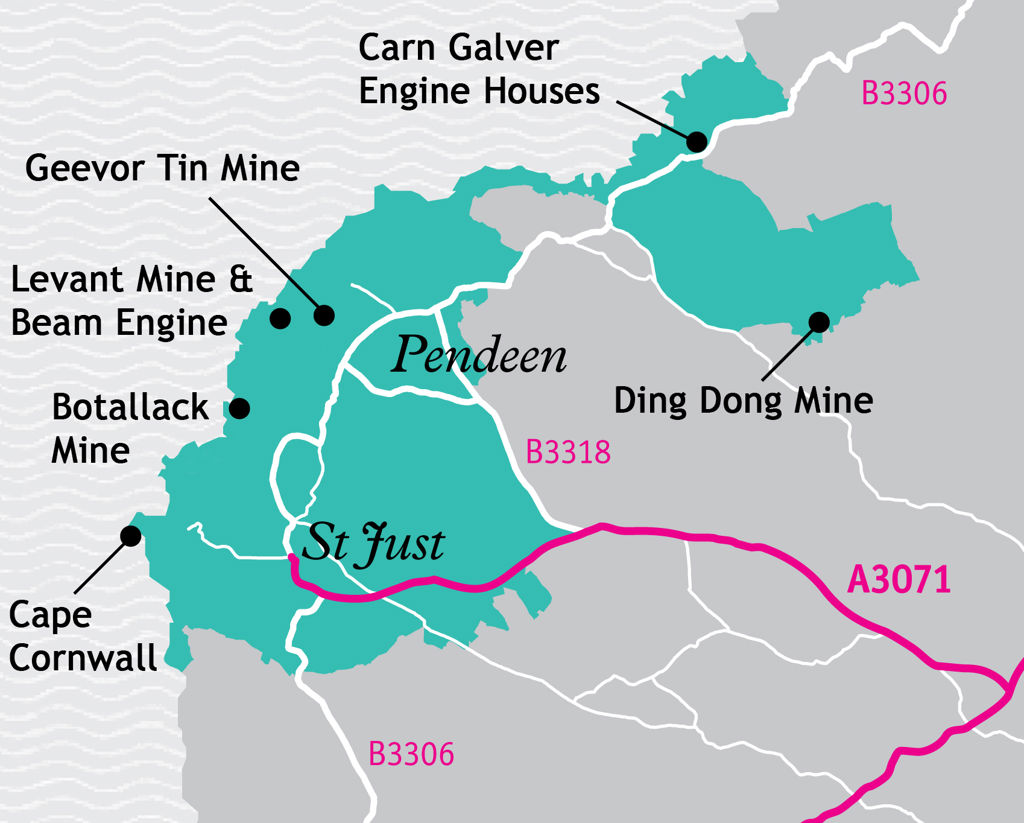
Exploring the town of St Just, with its characteristic rows of granite mine workers’ cottages, public squares, shops, cafés, art galleries, and historic outdoor performance space—the Plen an Gwary or ‘playing place’
Visit the Tin Coast website for the latest local events, projects and updates from the community
Taking a tour of Geevor Tin Mine – one of the last Cornish mines to close, it is one of only a few mine sites with extensive collections of machinery open to the public in Cornwall. The imposing headframe at Victory Shaft can be seen from miles around
Watching the waves crashing on the rocks below the Crowns engine houses at Botallack, which are perched on a narrow promontory just above the sea and stop into the count house for a cup of tea and some wonderful displays on the Area’s history
Experiencing the solitude of Ding Dong, a remote Cornish engine house sitting high up on the treeless moors that is surrounded by the remains of mine workers’ cottages and fields. The views towards Mounts Bay from here are truly breath-taking
Walking around the beautiful Cape Cornwall – one of only two 'capes' in Britain – where an ornate solitary mine stack stands sentinel on the coast
See Levant Mine, which is spectacularly sited on the cliff edge. Its beam engine has been restored by the Greasy Gang, and is driven by steam again

Geevor Tin Mine
Geevor Tin Mine is set in the wide open spaces of the Lands End peninsula on the dramatic Atlantic coast. The views are spectacular, the air is fresh and the scenery breath-taking!
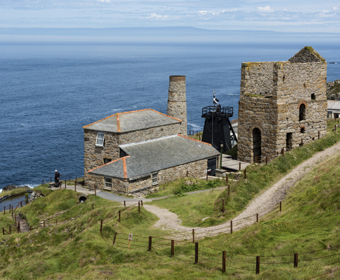
Levant Mine
High-up on the exposed cliffs of the 'Tin Coast' and part of the Cornish Mining World Heritage Site. At its heart, the restored 1840s beam engine running on steam.
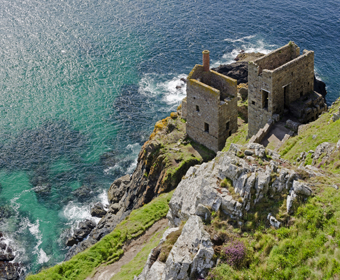
Botallack Mine
On the wild Tin Coast, the famed Crowns engine houses cling to the foot of the cliffs. Part of the Cornish Mining World Heritage Site and Poldark filming location.
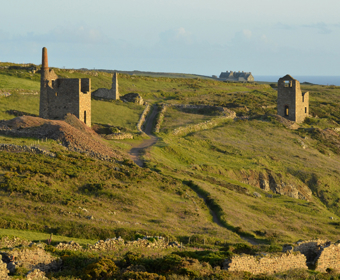
West Wheal Owles and Wheal Edward
The Tin Coast is Cornwall's oldest new destination. A cultural landscape of World Heritage Site status, it is a place defined by Cornish mining.
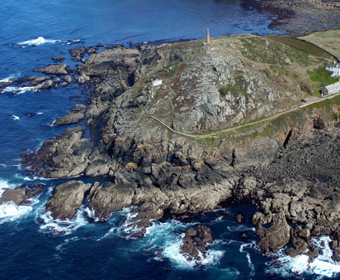
Cape Cornwall
The distinctive headland juts out into the ocean where two great bodies of water meet. Part of the Tin Coast and Cornish Mining World Heritage Site.
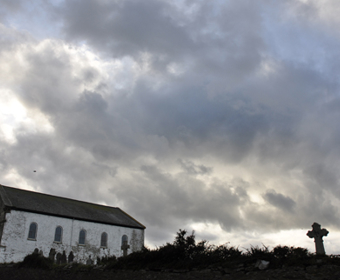
St Just Miners' Chapel
Built in 1833 St Just Miners’ Chapel is a Grade II* Listed building of huge cultural, historical and spiritual significance.
Nineteenth century submarine tin and copper mines
The town of St Just a small, substantially-planned, industrial town built to serve the local mines such as St Just United, Balleswidden, Boscean, Wheal Owles, Botallack and Levant
Dispersed mining villages with associated mineworkers’ smallholdings
Local Mines include St Just United, Balleswidden, Geevor, Boscean, Wheal Owles, Botallack and Levant
The Audio Trail guides below explore Botallack, with its world famous Crowns’ engine houses, and other nearby mines, including Geevor and Levant. These Audio Trail guides are only available to our members though, so why not sign up today?
Information sheets are also available to accompany the Audio Trails and please see the links to these below.
Botallack and nearby mines
Botallack Audio Trail Delve Deeper
